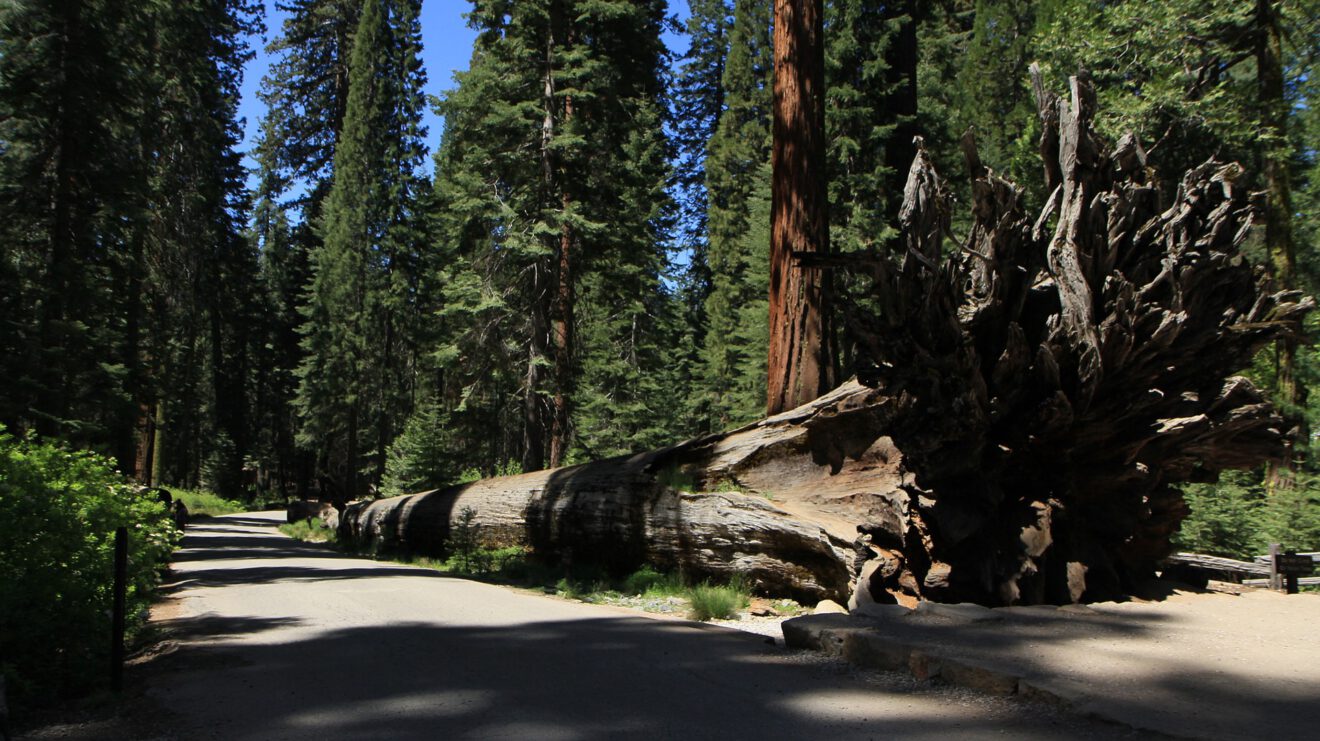Field trips are a great fun way to get students out of class and introduce them to new experiences. But with reduced budgets, many schools are struggling to get students to new locales.
Enter California State Parks Online Resources for Teachers and Students. PORTS, as it’s known, is a free distance-learning program that takes K-12 classes on field trips of California State Parks. Park rangers talk, in real time, with students and answer questions as they lead virtual tours of redwood forests, the Anza-Borrego Desert, Point Lobos Marine Reserve and other parks. The program provides lessons on myriad subjects including kelp forests, redwood ecology, monarch butterfly migration and the California Gold Rush.
My classes have participated twice in PORTS. My students really enjoyed the personal interaction they had with the rangers. The rangers are genuinely excited to share their knowledge with young people. Here are some lessons I learned from our experiences.
Don’t be afraid to go older than the intended age range for the program. In my first time doing PORTS, my seventh-grade classes talked with Ranger Jennifer at the Baldwin Hills Scenic Overlook and learned about weather and climate. Jennifer’s program is geared at grades 3-5 but she was excited to speak to older students and have different conversations. She had no trouble adjusting the discussion to a higher grade level. It was relevant and complementary to topics the class understood.
Adapt the provided lessons to fit your curriculum. This year I did PORTS a second time and chose the unit on habitat protection and restoration, which was delivered by Ranger Francesca at Crystal Cove State Park in Laguna Beach, Calif. As I prepared for the session, I modified some of the PORTS-provided lessons to better suit my students’ needs. I also let Francesca know ahead of time what we had studied so far, to make our time more efficient. For example, for habitat protection and restoration, we were already two-thirds of the way through our ecology unit, and had studied ecosystems, food webs, and resource availability.
Have students prepare ahead of time. Go over the PORTS lessons beforehand and have students brainstorm questions, especially if the lesson for your planned location is not directly related to your class curriculum. Refining their thinking about the subject matter helps them get the most out of the experience.
Encourage the rangers to use their interactive technology. My students were highly attentive and engaged as Ranger Francesca illustrated ideas and answered their questions by displaying and annotating graphics right on the screen. It was a very simple video presentation system—just her iPad and the Tablet Stage App by Belkin.
Make it personal. A big part of learning and personal growth happens outside of textbooks and lectures. During our session, students asked Francesca about where she went to college (UC San Diego — my alma mater!), her studies and why she picked her career. Afterwards, I asked my students to write thank you letters to the rangers. Many have little experience writing thank you letters, so we brainstormed sentence frames and what to include together (“Thank you for talking to our class about…” or “Thank you for taking time to talk to us…” or “My favorite part was…”). Many students also drew pictures showing what they learned.
Mari Venturino is a 7th grade science and AVID teacher and blended learning specialist at Mar Vista Academy in San Diego, Calif. To learn more about PORTS and to schedule your experience visit http://ports.parks.ca.gov/.
Tech Tips is a weekly column in SmartBrief on EdTech. Have a tech tip to share? Contact us at [email protected]
____________________________________
Like this article? Sign up for SmartBrief on EdTech to get news like this in your inbox, or check out all of SmartBrief’s education newsletters , covering career and technical education, educational leadership, math education and more.
